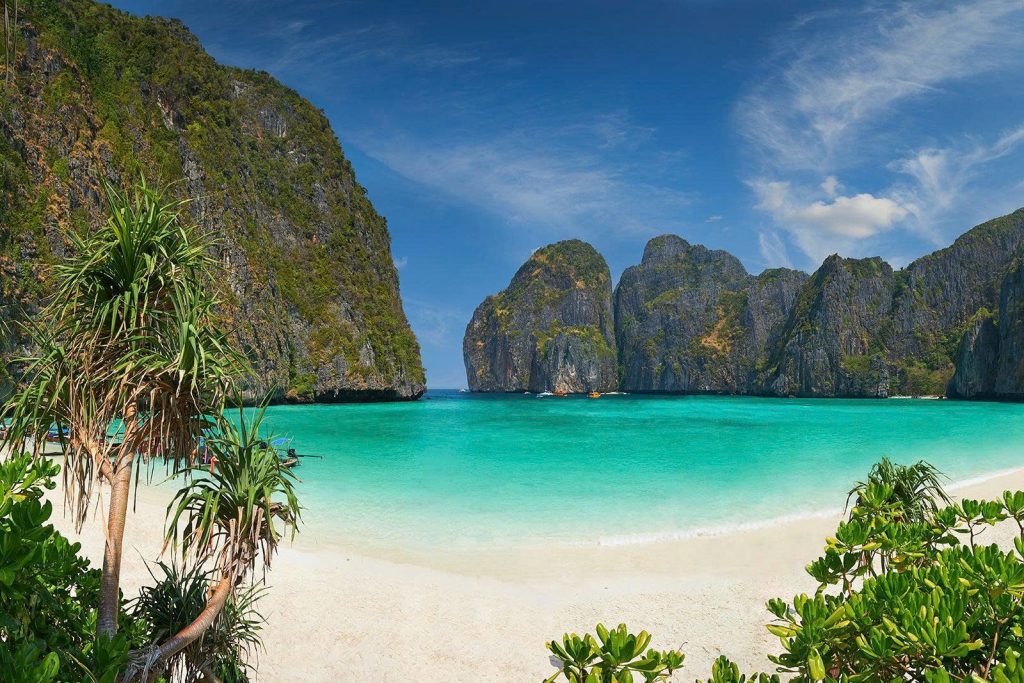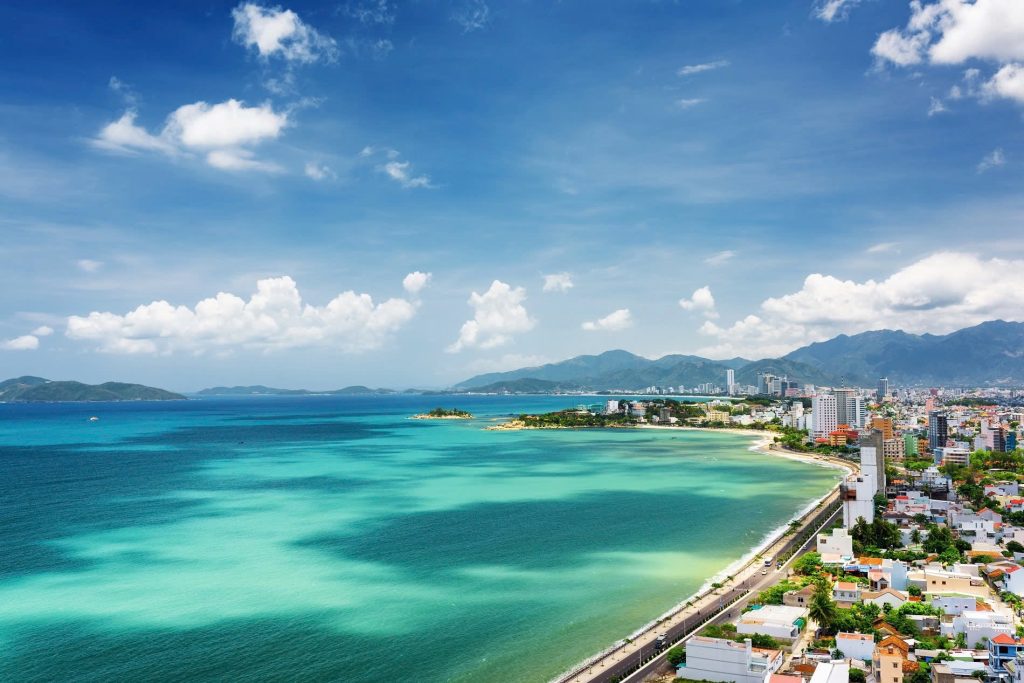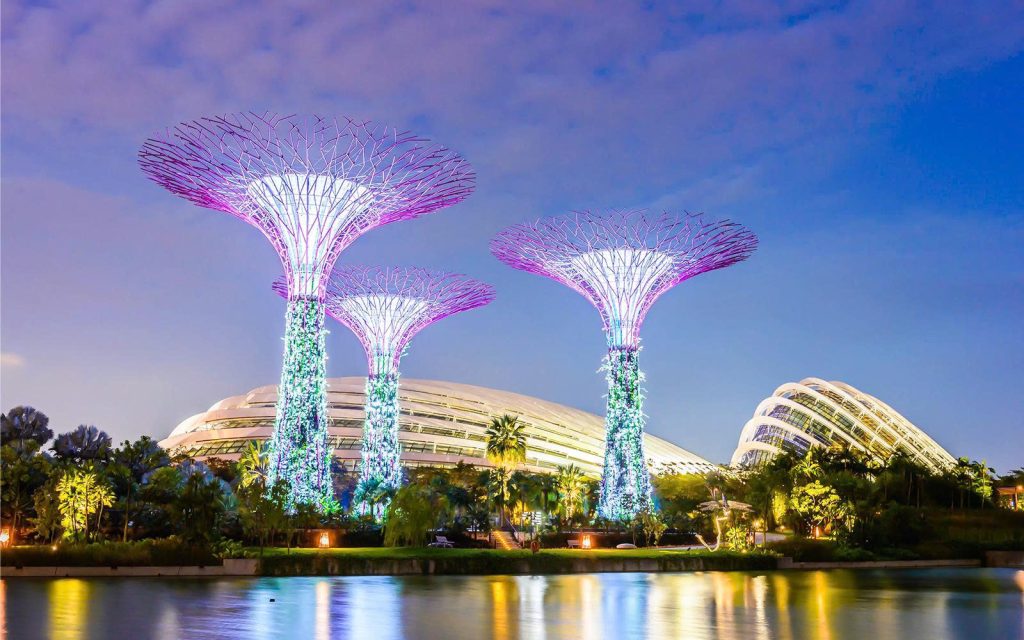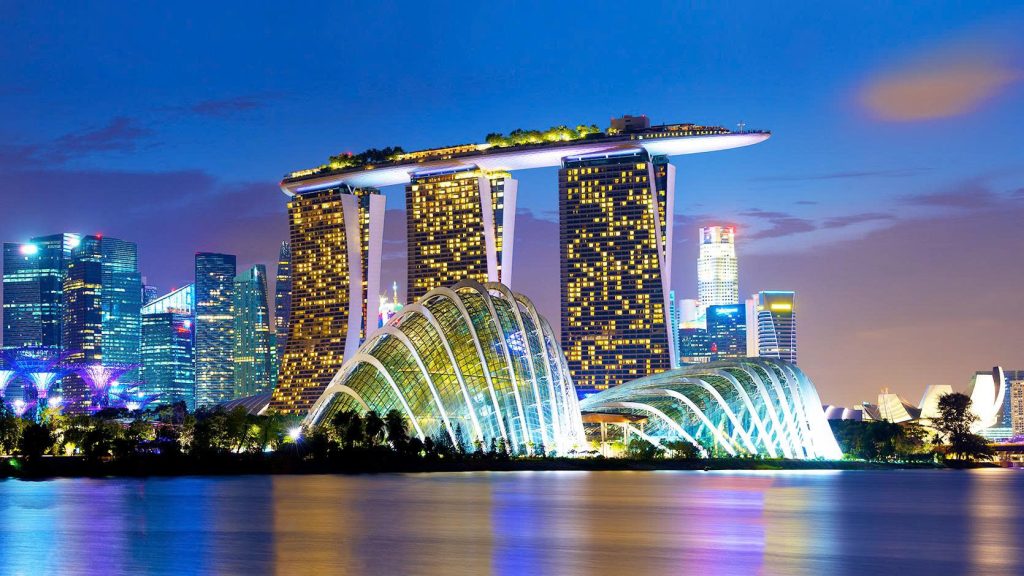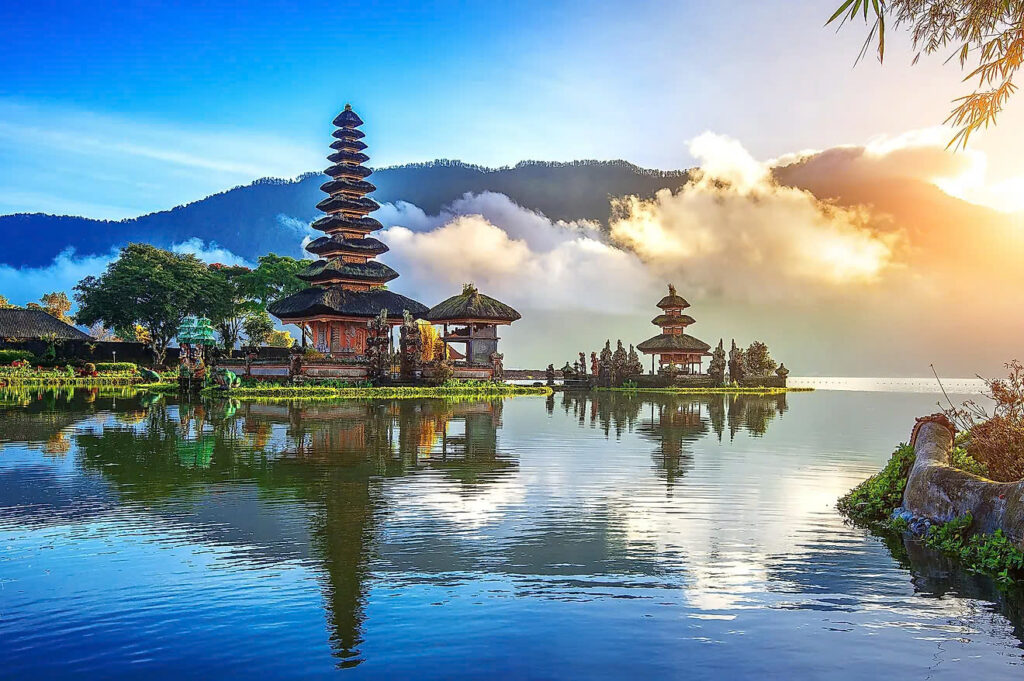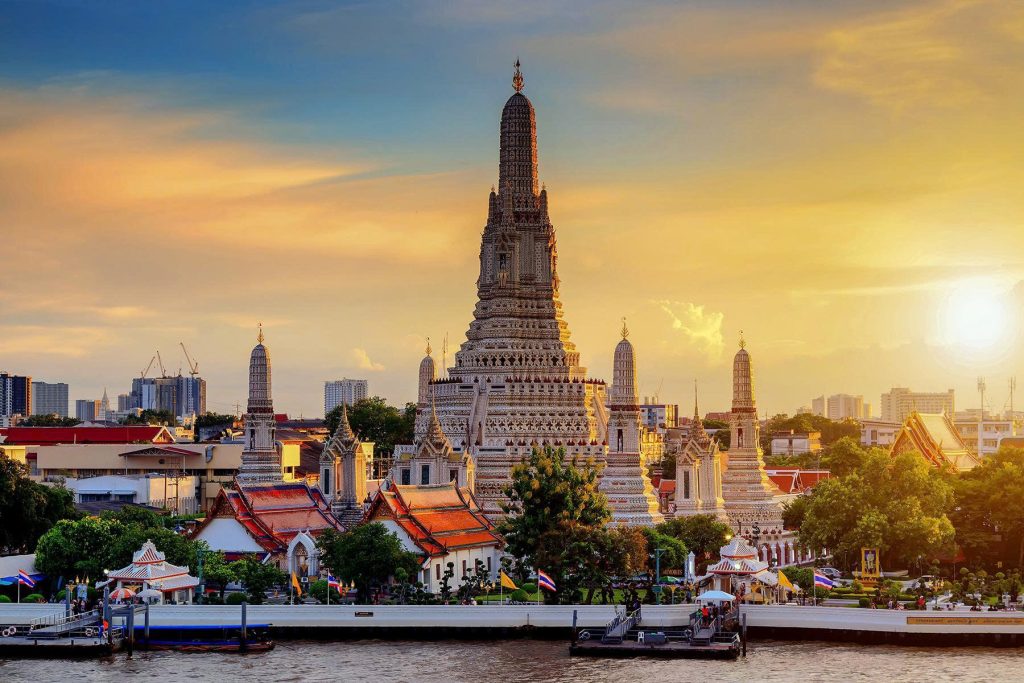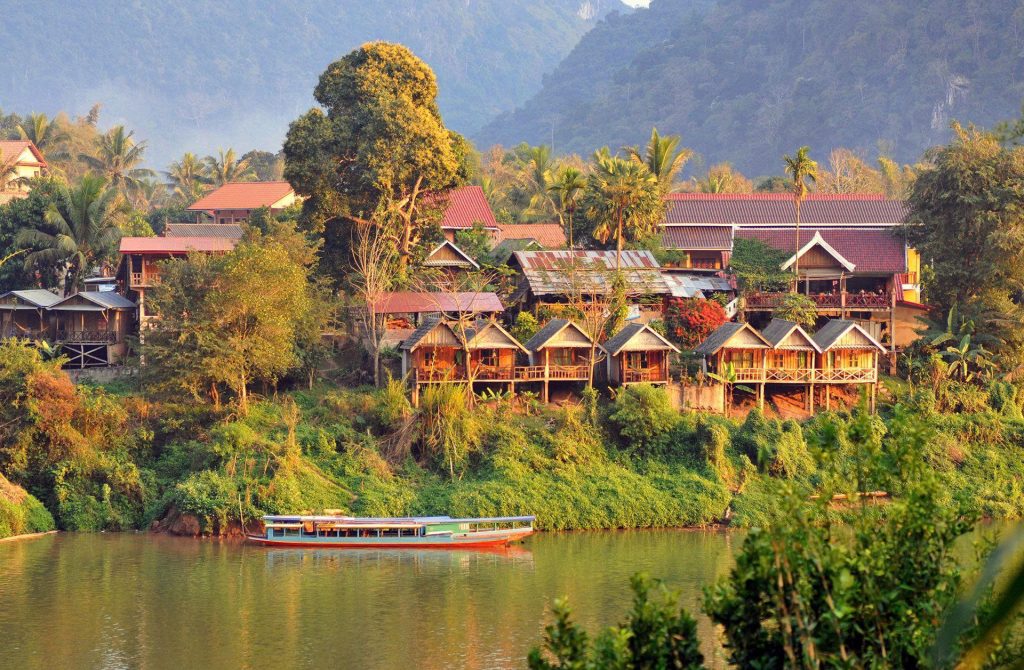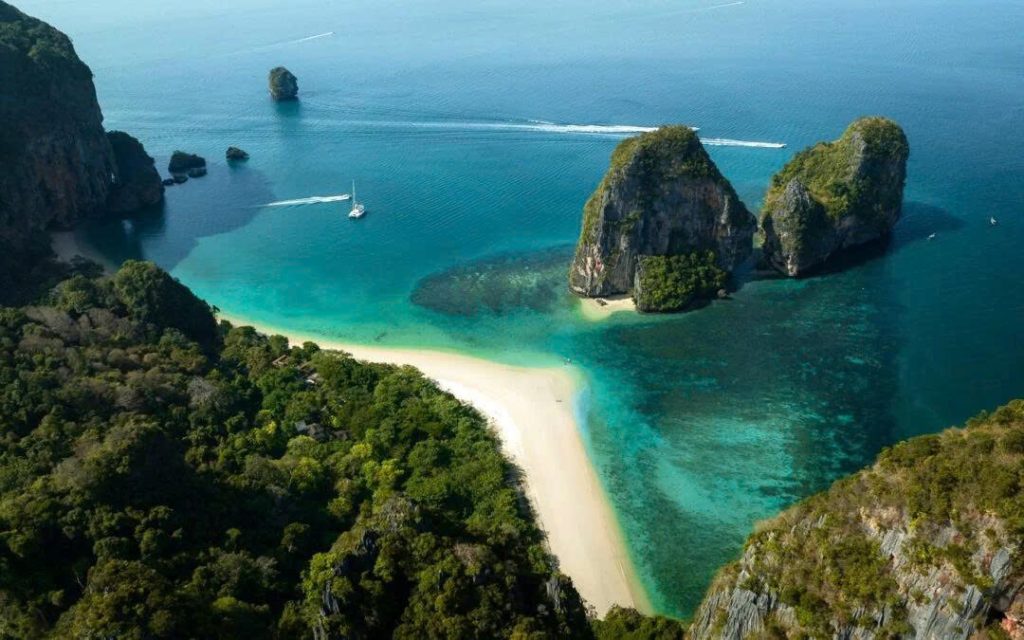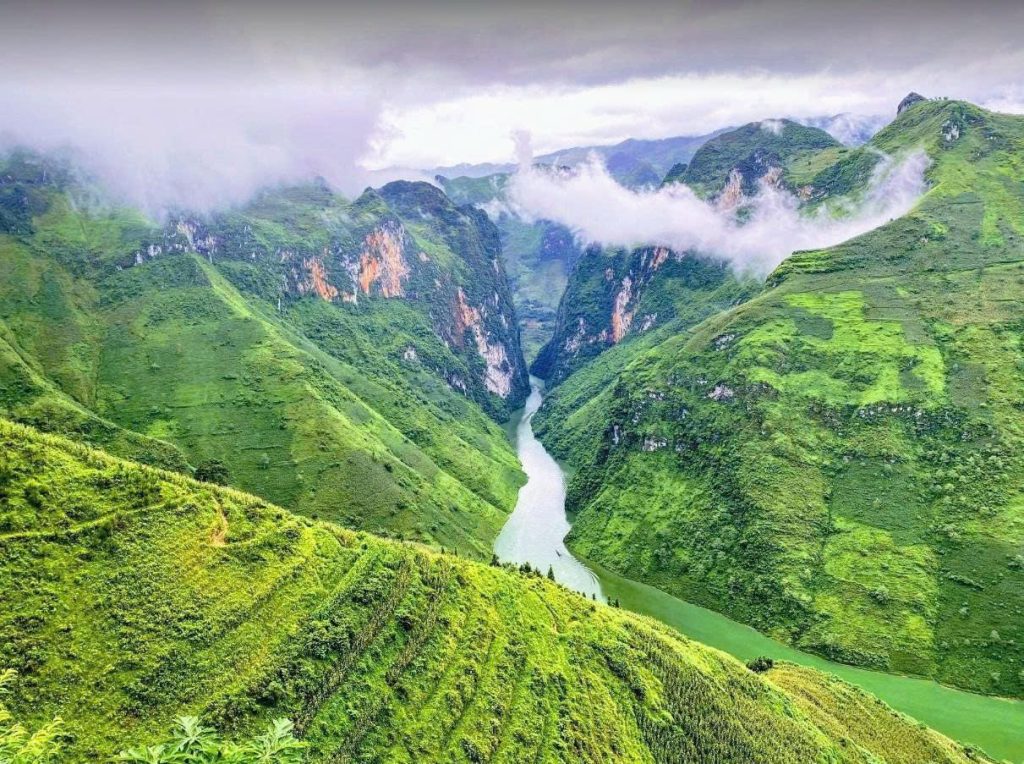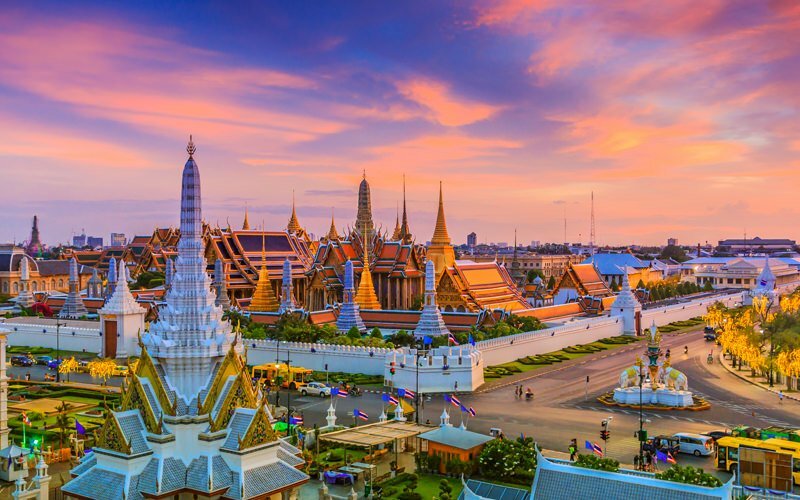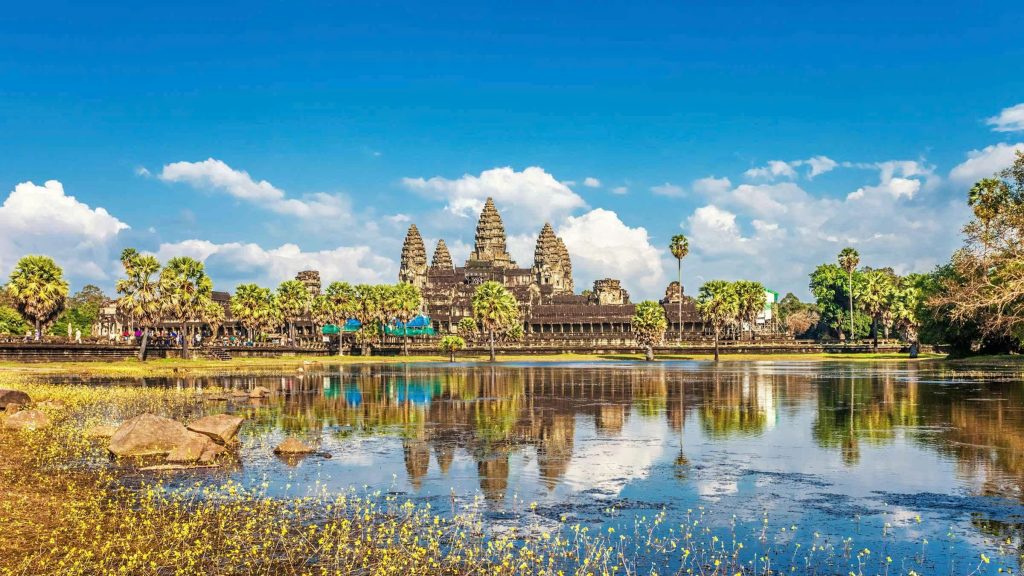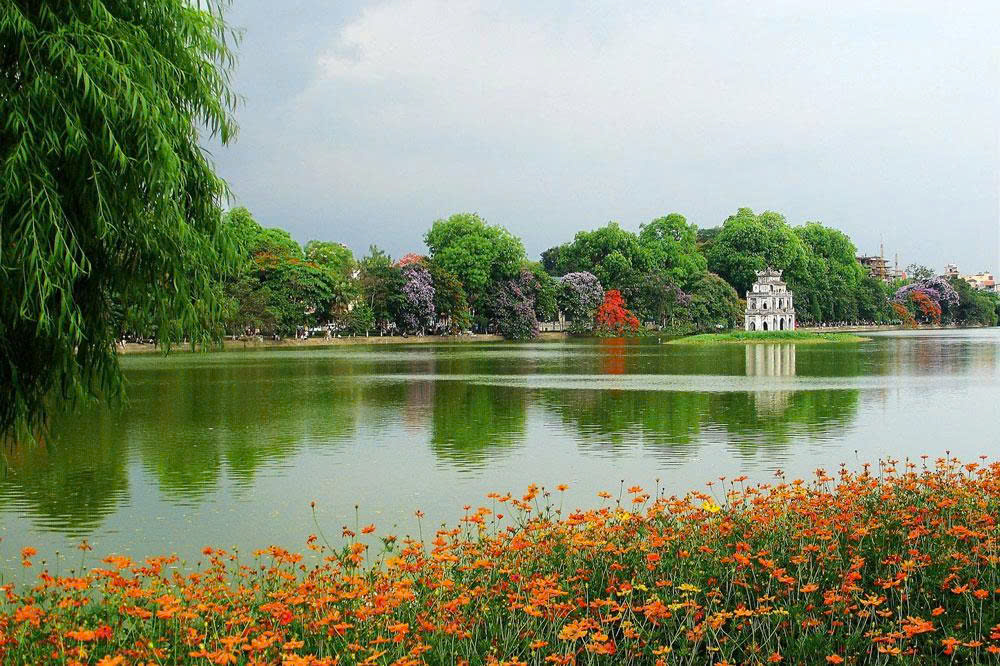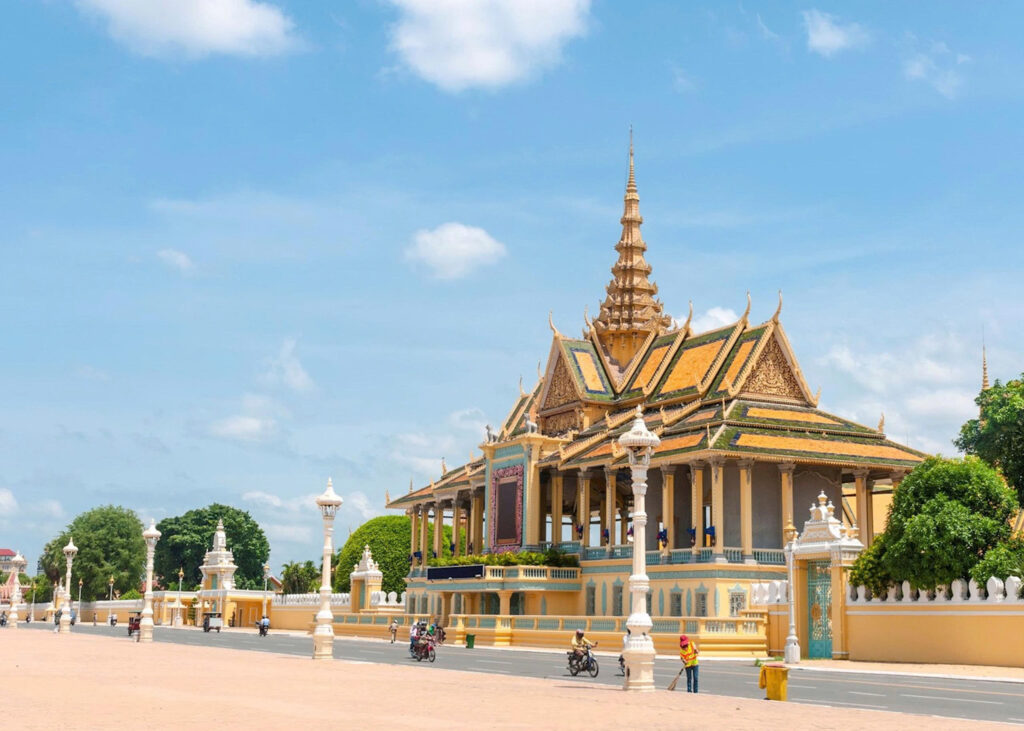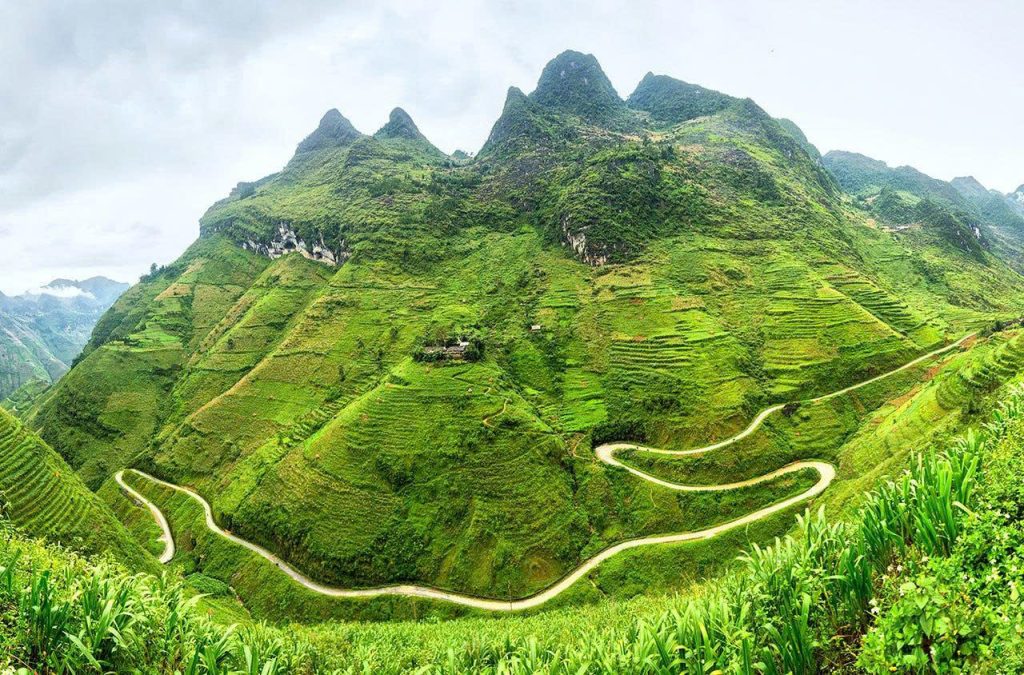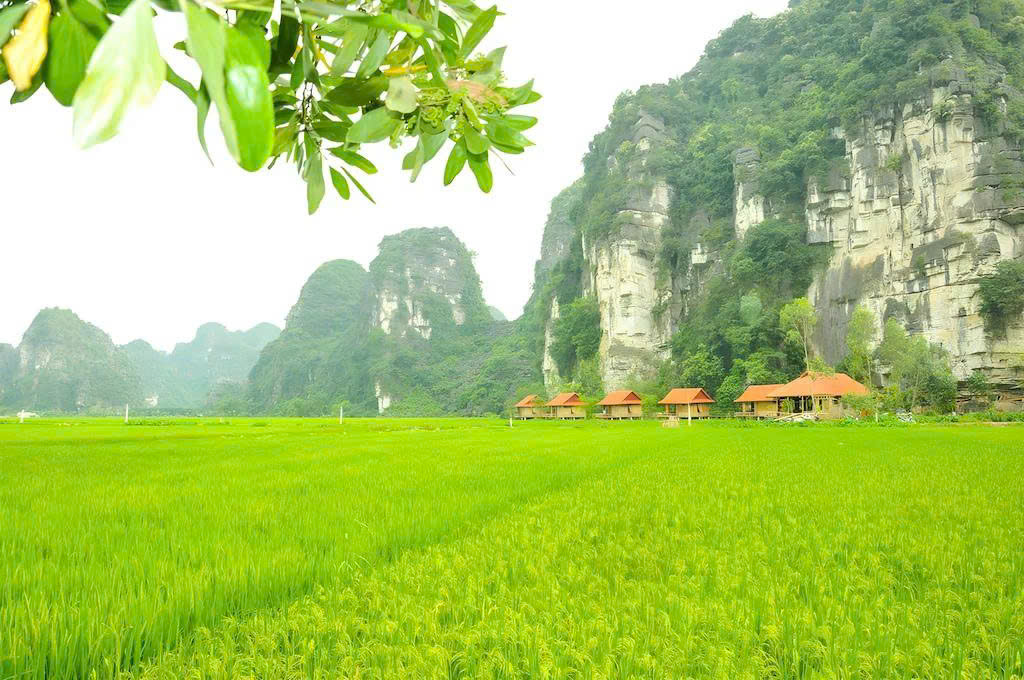Thailand, the jewel of Southeast Asia, is a destination of breathtaking contrasts: ancient golden temples standing tall against sleek modern skyscrapers; tranquil beaches giving way to bustling night markets. For the first-time visitor, this vibrant tapestry can feel overwhelming. This is your definitive, expanded guide. Crafted with verifiable expertise and recent experience, we detail the nuanced logistics, cultural sensitivities, and safety protocols essential for navigating the Land of Smiles confidently and respectfully.
1. Pre-Trip Planning and Documentation
A flawless trip relies on meticulous preparation. Focus on these non-negotiable administrative steps.
Visa, Passport, and Entry Requirements Deep Dive
Ensure your legal entry is secured long before departure.
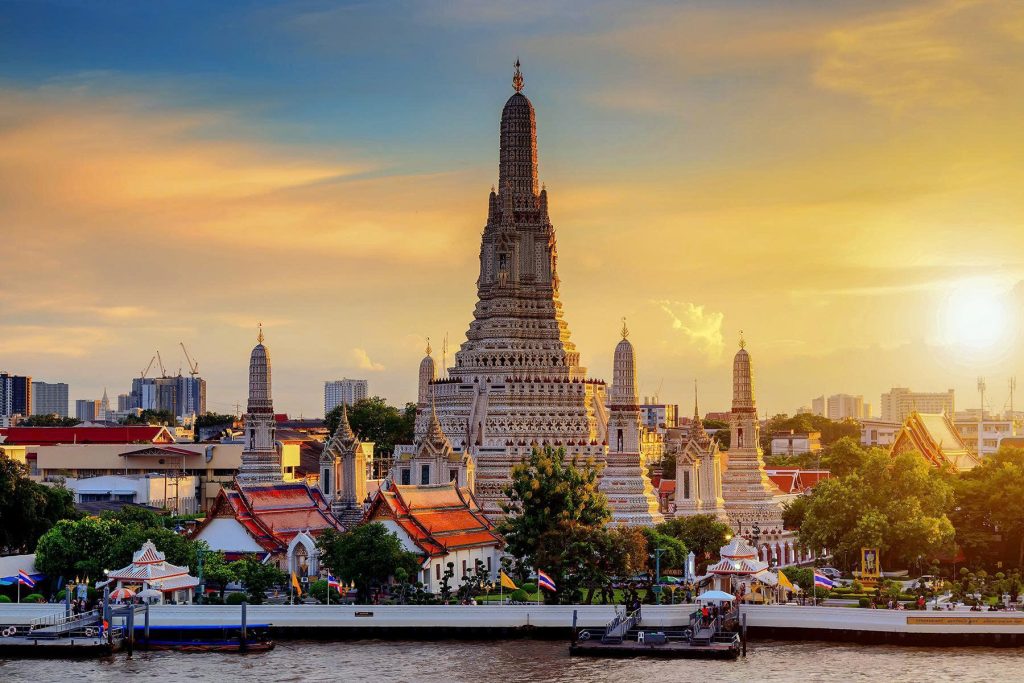
- The 6-Month Passport Rule: Reiterate and highlight: Your passport must be valid for at least six months from your date of entry. Airlines are strict on this, and failure to comply will result in denied boarding.
- Visa on Arrival vs. Visa Exempt: Research your country’s specific status. If you qualify for a 30-day Visa Exemption, ensure you have proof of onward travel (an exit ticket) ready, as immigration officers sometimes request it.
- Thailand Pass Status (Check Current Regulations): Though travel restrictions have generally eased, always check the official Ministry of Foreign Affairs (MFA) website for any required pre-registration or insurance mandates, especially if traveling during periods of global health concern.
The Non-Negotiable Necessity of Travel Insurance
Travel insurance is your most critical investment.
- Coverage Specifics: Your policy must cover comprehensive medical emergencies, including sudden illness or injury, and ideally, emergency evacuation. Given the popularity of adventure sports (diving, trekking) in Thailand, verify coverage for these activities.
- Digital Documentation: Keep digital copies of your passport, visa, insurance policy, and flight confirmations secured in a cloud service (Google Drive or Dropbox) and an offline folder, separate from your physical wallet.
Smart Packing: Weather, Culture, and Utility
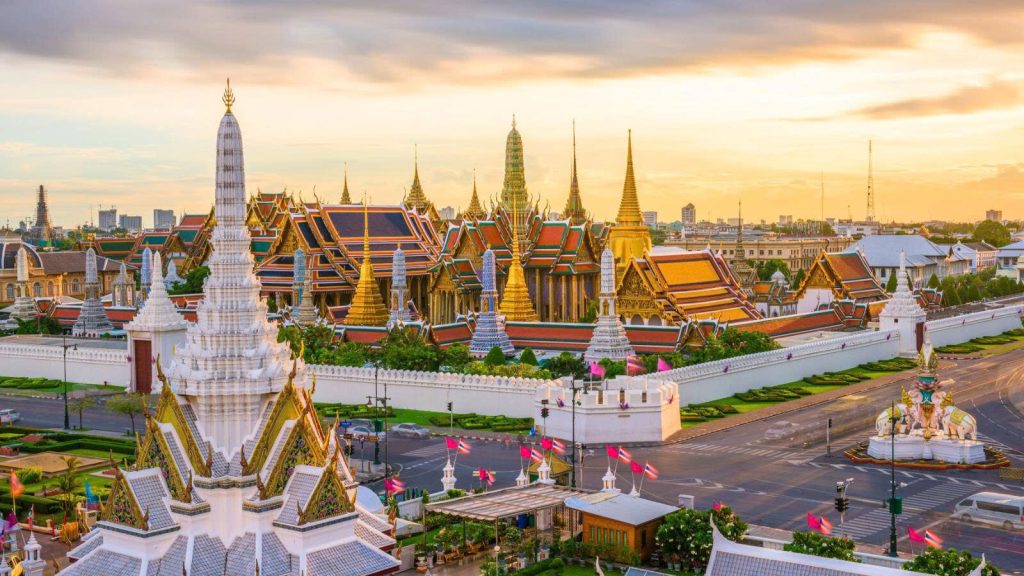
Pack for the climate, but respect the culture.
- Layering for Temples: Beyond the essentials, bring lightweight scarves or shawls. These are easy to carry and can be quickly draped over shoulders or knees to comply with the modest dress code at major religious sites like Wat Phra Kaew (Temple of the Emerald Buddha).
- Medical Kit: Include prescription medications (with original packaging and a doctor’s note), rehydration salts (crucial for tropical climates), and a high-DEET insect repellent—purchase the local brand Sketolene upon arrival for maximum efficacy against local mosquitos.
2. Mastering Thai Culture and Respectful Interaction
The key to unlocking Thai warmth is showing genuine respect for their profound social structure and values.
Decoding the Wai: The Thai Greeting
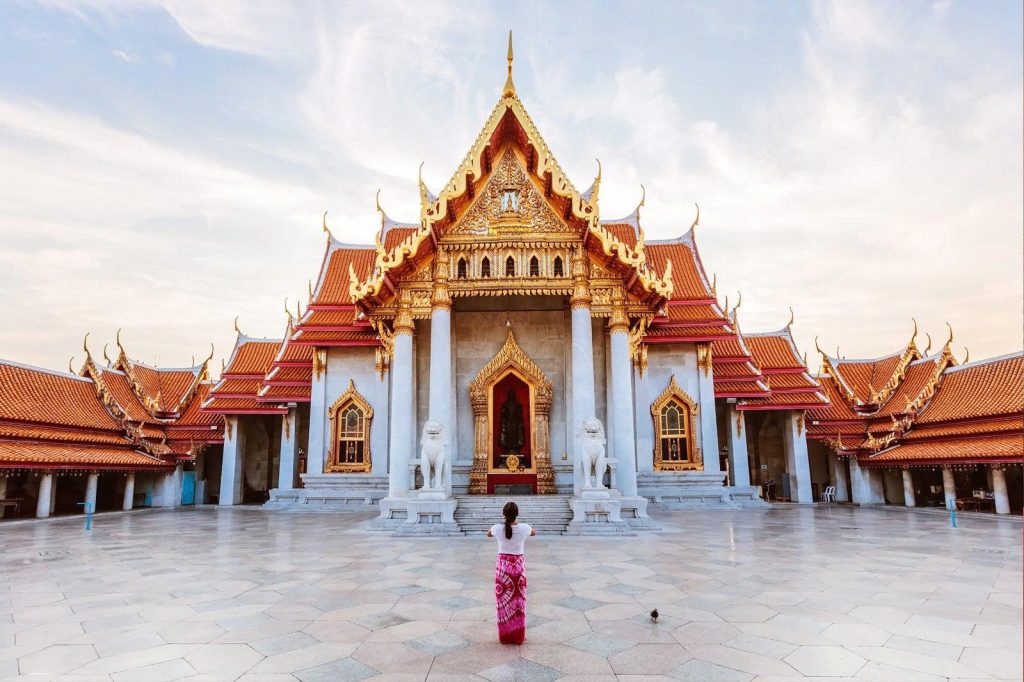
The Wai is more than a greeting; it’s a non-verbal demonstration of respect and social status.
- Context Matters: Return a Wai if offered, but generally, do not Wai street vendors or service staff; a simple smile or nod is appropriate.
- Verbal Essentials: Always combine the Wai with the courtesy particle: “Sawasdee Krub” (male) or “Sawasdee Ka” (female). Similarly, for thank you: “Khob Khun Krub/Ka.” These small details make a significant positive impression.
The Sacredness of Monarchy and Religion
Be highly conscious of your words and actions concerning the Chakri Dynasty (the Royal Family) and Buddhism.
- Public Decorum: Never speak critically of the monarchy. Furthermore, treat the currency (Thai Baht) with respect, as it features the King’s image. Never step on currency or tear a banknote.
- Buddhist Artifacts: Avoid purchasing Buddha head statues as souvenirs. This is considered highly disrespectful, as the head is the holiest part. If getting a religious tattoo, research the tradition of Sak Yant and consult with a reputable, ethical artist.
3. Navigating Money, Transactions, and Budgeting
Financial literacy will save you stress, time, and hidden fees.

Currency Management and Hidden Fees
Adopt smart financial habits for daily spending.
- The 220 THB ATM Fee: Every Thai bank ATM charges a non-negotiable 220 THB ($6+) fee. Use a travel card (like Wise or Revolut) with low foreign transaction fees to offset this, and always withdraw the maximum amount (usually 20,000 THB) to minimize the impact of the flat fee.
- Daily Cash Requirement: Budget approximately 800–1,500 THB per day for street food, tuk-tuks, markets, and entrance fees. Major hotels and shopping centers accept credit cards, but cash is essential elsewhere.
The Art of Bargaining
Know the environment where haggling is appropriate.
- Where to Haggle: Markets (Pratunam, Night Bazaar), Souvenir Stalls, and Unmetered transport (tuk-tuks). Start at 50% of the asking price and aim to settle at 60–75%.
- Where NOT to Haggle: 7-Eleven (the ubiquitous convenience store), food courts, metered taxis, and any establishment with fixed, printed prices.
4. Transportation Logistics and Inter-City Travel
Thailand offers a wide variety of transport options—from luxurious to rustic.
Urban Travel: Bangkok’s Lifelines
Optimize your movement within the capital to beat the notorious traffic.
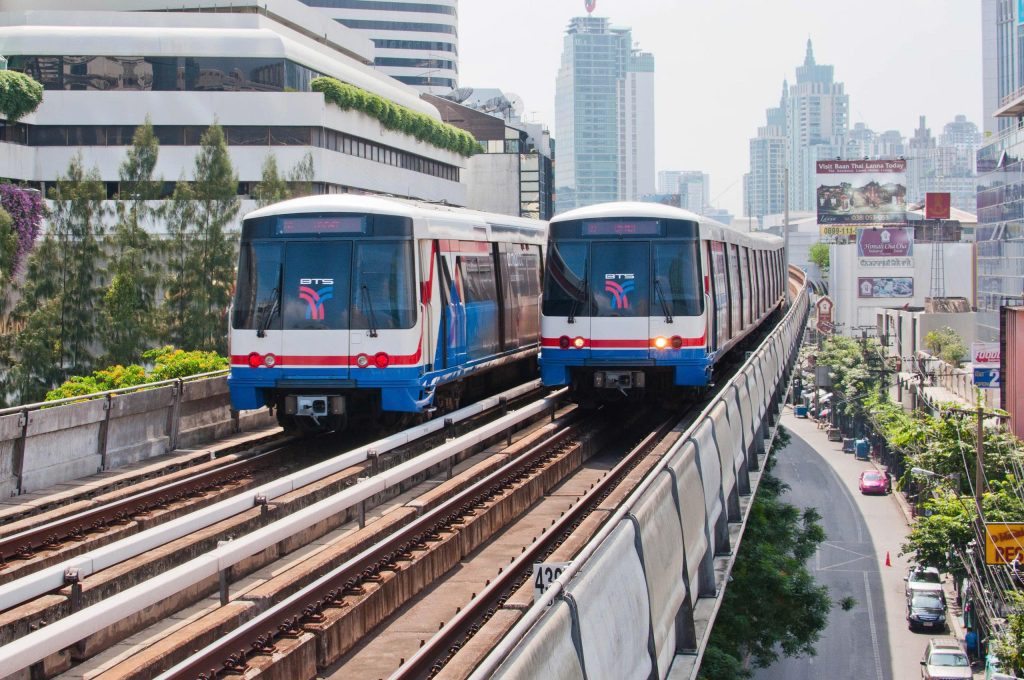
- The Connected Network: The BTS Skytrain and MRT are your fastest options. Purchase a Rabbit Card for the BTS if you plan on frequent use. It saves time but doesn’t offer a discount.
- Taxis and Apps: Always request a taxi driver use the meter (“Sai Mee-têr“). If they refuse, find another. Use Grab (the local Uber equivalent) during rush hour for guaranteed, upfront pricing.
The Best Ways to Travel Between Destinations
Choose comfort and safety over the cheapest option for long-distance travel.
- Overnight Trains: The sleeper trains, particularly on the busy Bangkok–Chiang Mai route, are highly recommended for comfort, safety, and saving a night’s accommodation cost. Book tickets several weeks in advance.
- Island Ferries and Speedboats: Use reputable companies (Lomprayah, Seatran) for island hopping. Check the weather; during the monsoon season (June–October), choppy seas can make ferry travel highly uncomfortable.
5. Health, Safety, and Dealing with the Unexpected
Be prepared for tropical conditions and common tourist pitfalls.
Recognizing and Avoiding Common Scams
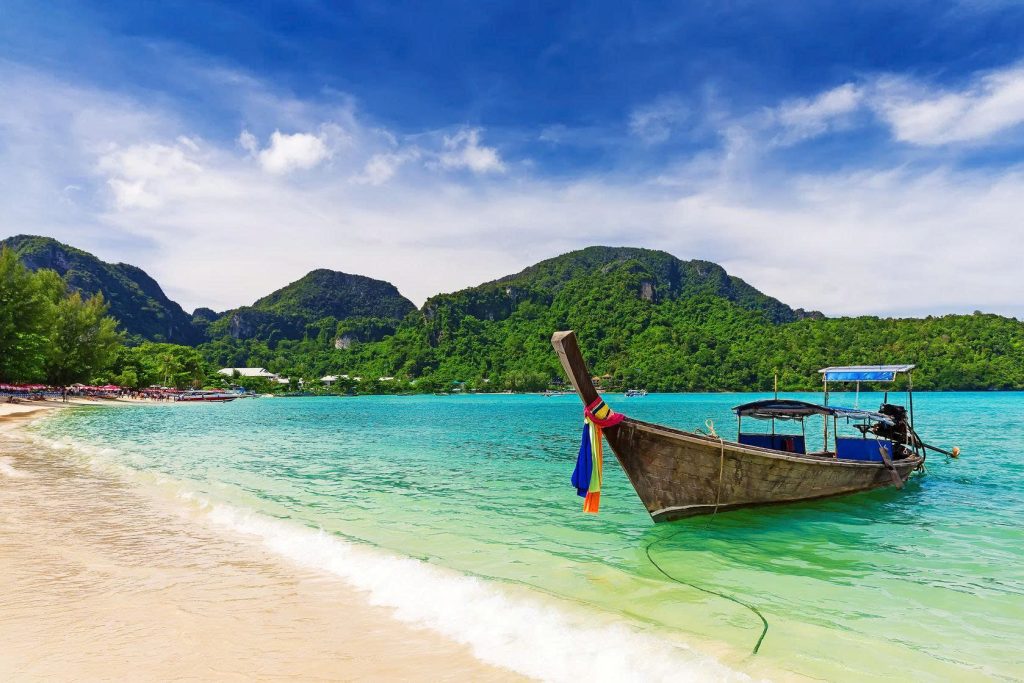
The vast majority of Thai people are honest, but tourists are often targeted by a few specific scams.
- The Jet Ski Scam: Never rent a jet ski on the islands. Scammers frequently claim you caused damage upon return and demand exorbitant cash payments. Rent from a highly reputable resort or avoid entirely.
- The Grand Palace Scam: A well-dressed local outside a major attraction (like the Grand Palace) tells you it is “closed for a holiday” and directs you to a costly jewelry or tailor shop. Ignore them; the major sites are rarely closed.
Food and Water Hygiene
Enjoy the legendary street food by following simple rules.
- “Boil it, peel it, or leave it”: This old travel adage still applies. Opt for food that is prepared fresh and served piping hot. Choose popular stalls with a high customer turnover.
- Ice is Safe (Mostly): Ice in Thailand is generally safe as it is commercially produced in blocks or tubes with holes in the middle. The risk comes from poor glass/utensil washing, not the ice itself.
6. Experiencing the Thai Essentials
Your first itinerary should balance the famous landmarks with authentic experiences.
Must-See Destinations for the First-Timer
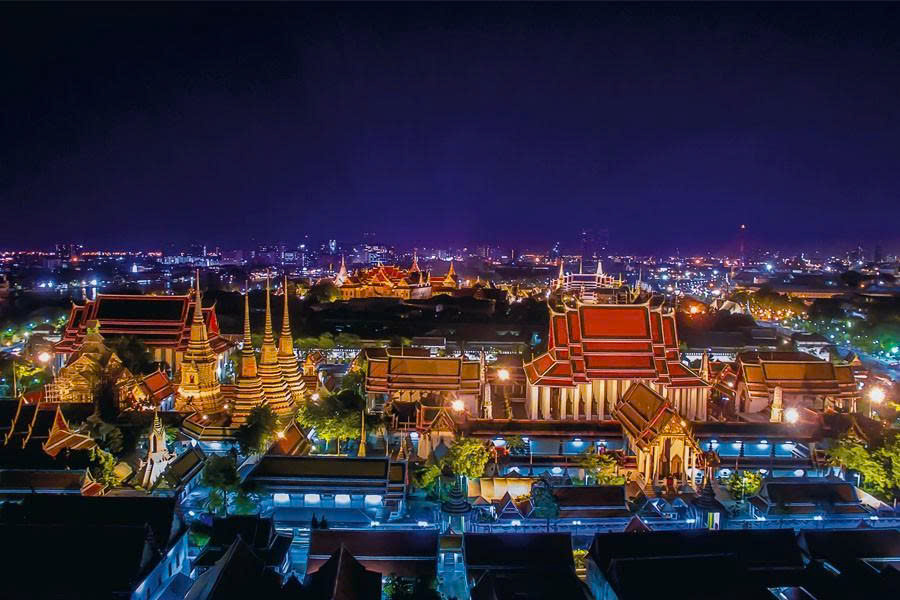
A manageable itinerary often includes a mix of City, Culture, and Coast.
- Bangkok: Experience the bustling energy, from the rooftop bars of Sukhumvit to the historical reverence of Wat Pho (Reclining Buddha).
- Chiang Mai: Immerse yourself in the quieter pace of the North, famous for its ancient walls, hundreds of wats, and ethical interactions at Elephant Nature Park.
- The Andaman Coast (Phuket/Krabi): Explore the stunning limestone karsts of Phang Nga Bay and relax on world-renowned beaches like Railay.
Beyond the Sightseeing: Authentic Thai Experiences
Incorporate activities that connect you with the local way of life.
- Learn to Cook: Take a Thai cooking class. Learning to prepare classics like Green Curry or Tom Yum is a rewarding way to understand the balance of Thai flavors.
- Witness Muay Thai: Attend a live Muay Thai fight at a stadium like Lumpinee or Rajadamnern for a powerful cultural and sporting experience.
- Experience a Thai Massage: Visit a reputable massage school or spa (like those near Wat Pho) for a traditional, therapeutic experience.
RELATED: Thailand Itinerary 7 Days: Your Perfect One-Week Adventure Guide
Thailand is a nation built on Sanook (fun) and genuine hospitality. As a first-time visitor, your greatest asset is a positive attitude, cultural awareness, and a willingness to be flexible. By adhering to the advanced planning and cultural notes in this guide, you move beyond being a typical tourist and become a respected guest.

